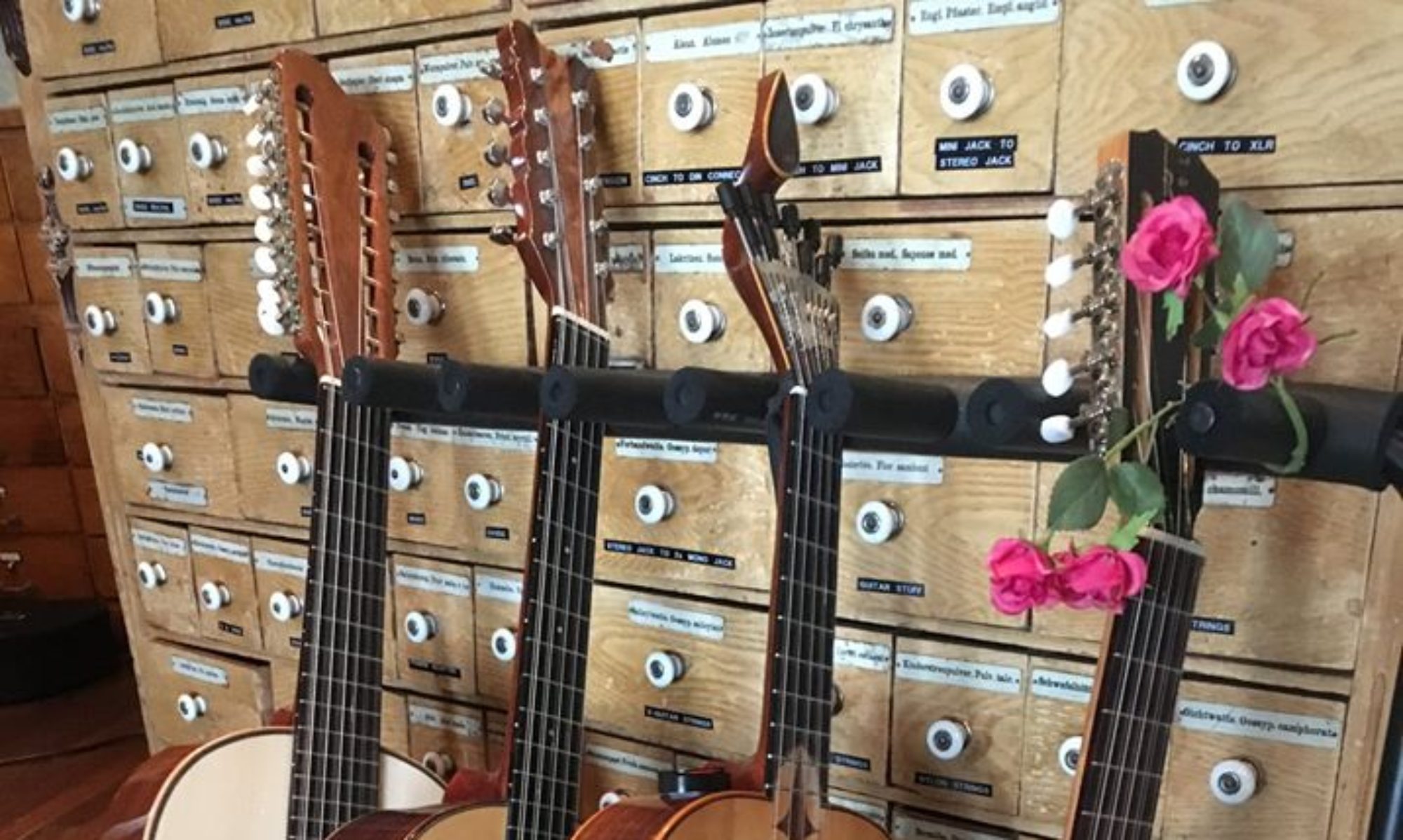Portugal is the oldest country in present-day Europe, they say: founded in 1128 with its borders largely unchanged since the end of the “reconquista” in 1249, from the Minho Province to the Algarve. Long before that, the Romans called it Lusitania, as before them it was home to several Celtic tribes, with central Portugal being home to one of the main tribes who fought the Romans, the Lusitanians.
Music has strong roots in Portugal, long before Fado was invented: Arabic influences are felt to this day. It is a country rich in a wide regional variety of cordophones and other instruments on the verge of extinction. These, we very affectionately call the Lusitanian Ghosts: the violas Beiroa, Amarantina, Toeira, Campaniça, Braguesa and Terceira.
Portuguese-Canadian indie-rock artist Neil Leyton, returned to Portugal in 2008, has spent the better part of the last decade getting to know the Portuguese music industry after living in Canada, UK and Sweden; and he assembles a new musical collective based around these forgotten, nearly extinct portuguese chordophones. He takes an Amarantina to Stockholm and gives it to Swedish guitar player Micke Ghost; he invites Vasco Ribeiro Casais, aka OMIRI, who plays not just the viola Braguesa but the Swedish medieval instrument Nyckelharpa; members of Primitive Reason Guillermo de Llera and Abel Beja; and O Gajo, who is re-inventing the viola Campaniça.
This crew make a record together, using these old instruments, while film director André Miranda documents not just the making of this unique album; he also travels up and down the country interviewing old masters like Chico Gouveia in Porto, luthier António Pinto de Carvalho in Braga, ethnomusicologist Domingos Morais, Guillermo de Llera and others, in search of the story behind the Lusitanian Ghosts.

